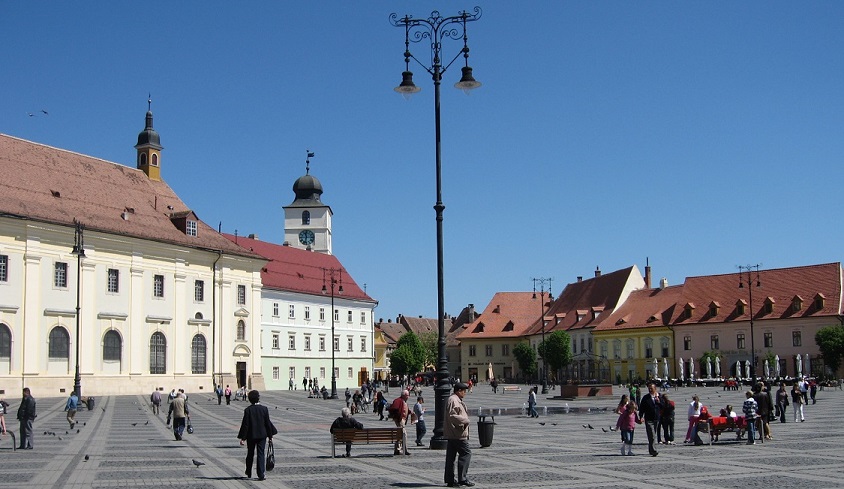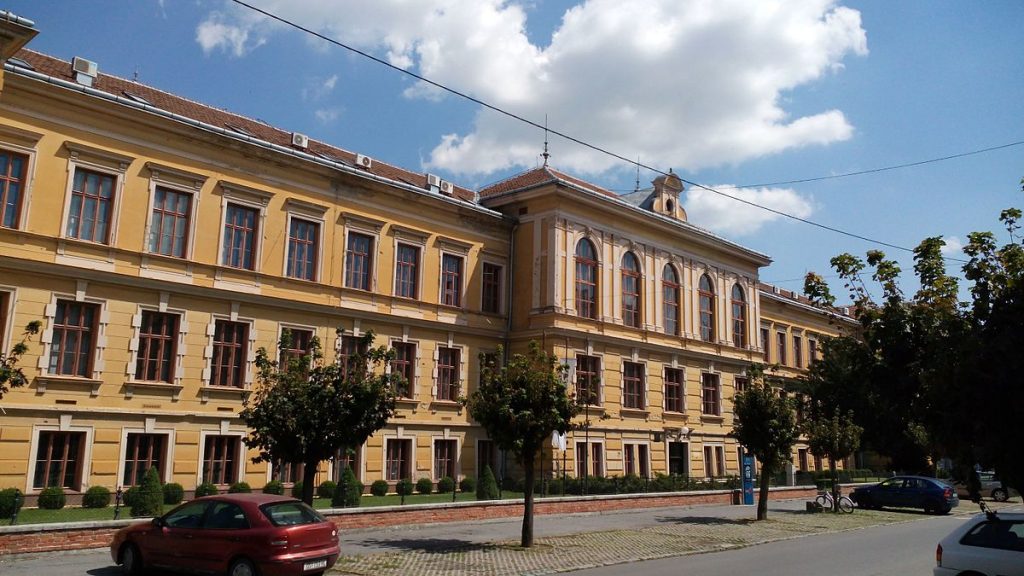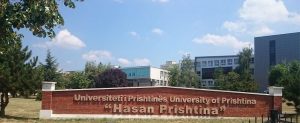
Deadline für Call for Papers bis zum 28. Juni verlängert | Politics and Society Conference 2019
East Central Europe Thirty Years Following the End of Communism
Sibiu, Romania 27.–28. September 2019
Organized by Lucian Blaga University of Sibiu Department of International Relations, Political Science and Security Studies and the Alumni FSSU ULBS Association
The past thirty years following the fall of communism in Central and Eastern Europe witnessed impressive change in various aspects of political, economic, social and cultural areas. Democratization, institutional change and marketization have transformed the regional landscape, with many of the countries from the region becoming members of NATO and the European Union, while the rest started the negotiation process. However, recent developments in several countries from the region offered new perspectives on democratic consolidation, with democratic backsliding threatening the accumulation process and questioning the solidity of numerous transformations pertaining to Europeanization and the rule of law.
The democratic backsliding occurs in a context marked by consistent change in the international relations, where the advancement of NATO in Eastern Europe triggered the response from the Russian Federation, making the EU neighborhood policy a very complicated matter with respect to the frozen conflicts and de-‐facto states from the region. Moreover, domestic issues now combine in very intricate ways with regional and international topics, mixing migration policies, economic development and state (lack of) sovereignty with national and European elections. From the optimist perspective of ending post-‐communist transition with a consolidation phase, this is quite a surprise to see how de-‐ democratization, the rise of the radical parties, protest, new media, widespread populism and fake-‐news combine in public sphere.
The Politics & Society Conference 2019 aims at shedding new light on new developments in Central and Eastern Europe, as well as at offering a broader perspective on the long-‐term political, social and economic processes that have transformed the region. The conference encourages papers that address the following issues, but are not limited to:
- Democratization and de-democratization
- The rise of new populist radical parties
- Political ideologies in times of crisis
- Political participation in the era of mass communication
- Local governance and local democracy
- The tension between EU integration and state sovereignty
- NATO Eastern enlargement and regional tensions
- De-facto states and frozen conflicts
- The changing relations between Russia and East Central Europe
- Migration and social change
- The evolution in dominant social values
- The (trans)formation of class in the process of full marketization
- Nationalism as a political force
Conference tracks
- Track 1: Parties and ideologies
- Track 2: Political marketing
- Track 3: Challenges to Local Government in ECE Countries
- Track 4: The Germans in East Central Europe: local identities, transnational identities
- Track 5: Flight and Migration: Research, policies and practice in different European countries
- Track 6: Russia and East Central Europe: Thirty years of tense relations
International Advisory Board
- Michael Ambrosi, University of Trier
- Antonella Capelle Pogăcean, Sciences Po, Paris
- Stanislav Cernyavsky, Center for Post-Soviet Studies, Moscow
- Philippe Claret, University of Bordeaux
- Djivorin Djuric, Institute of Political Studies, Belgrade
- Tatiana Dubovic, Taras Shevchenko University, Kiev
- Petru Negură, Free International University, Chisinau
- Sorina Soare, University of Florence
- Serghei Sprincean, Institute of Legal, Political and Social Studies, Chisinau
- Camil Ungureanu, Pompeu Fabra University, Barcelona
Fees
- Early bird – PhD/MA students: 30 euros
- Early bird – Scholars from Romania, CEE, CIS: 40 euros
- Early bird – Scholars from other countries: 50 euros
- Late registration: 60 euros (participants who register after September 15, 2019)
The conference fee covers the conference package, coffee breaks, lunches, and the conference reception.
The paper proposals can be submitted via the on-‐line conference system available at http://conferences.ulbsibiu.ro/crissp/ocs/index.php/psc/psc2019. The language of the conference is English.
Deadlines
- Application with paper proposals – May 20, 2019
- Applicants are notified on the status of their proposal – May 31, 2019
- Registration deadline – September 15, 2019
Contact information



